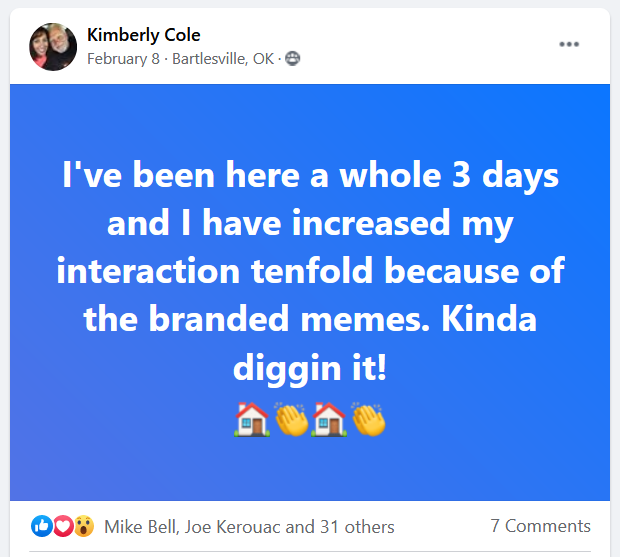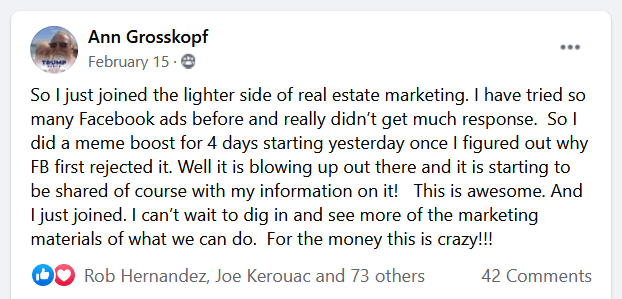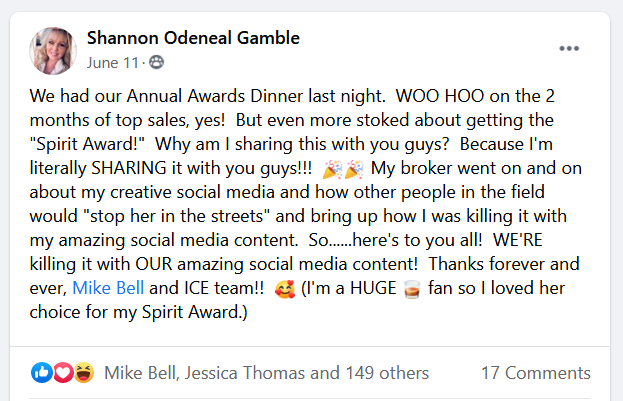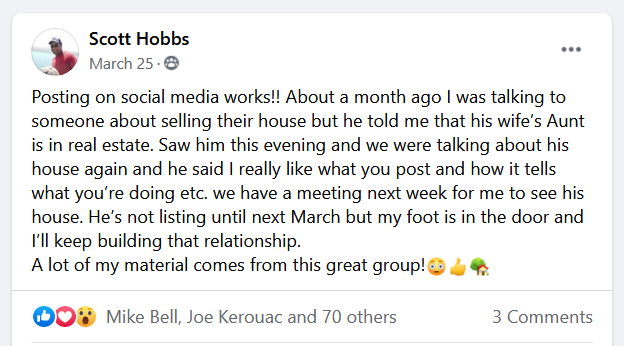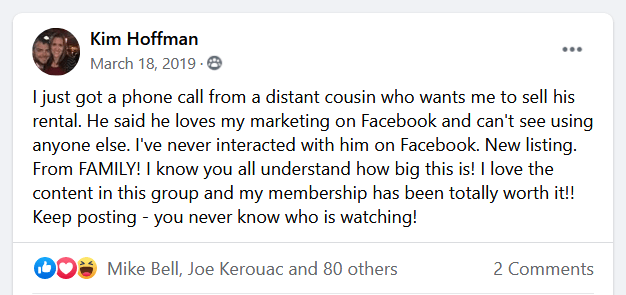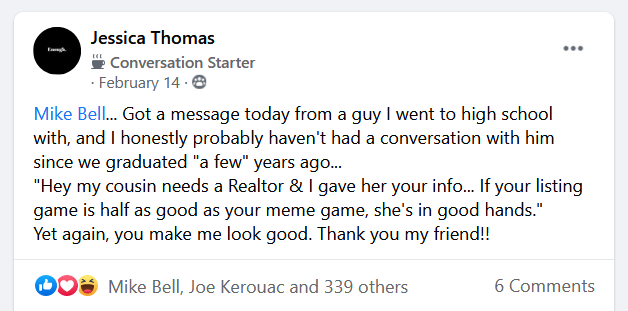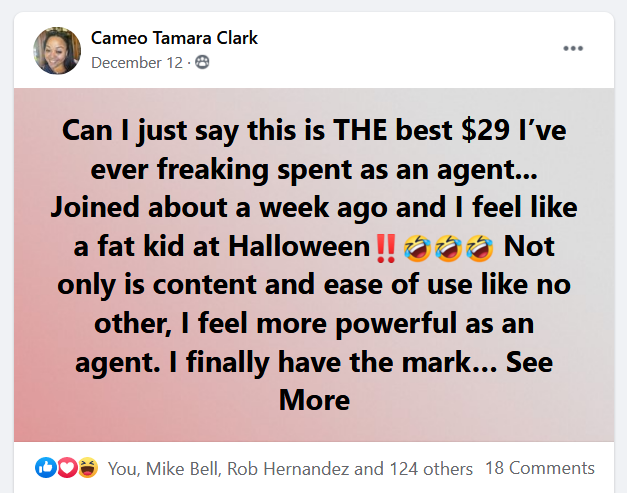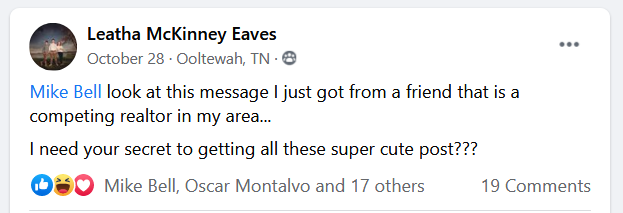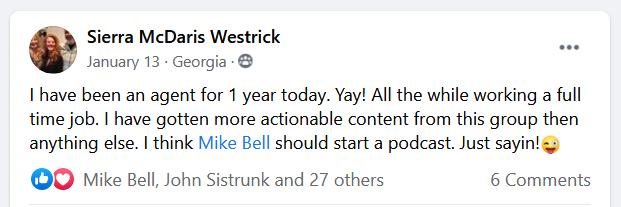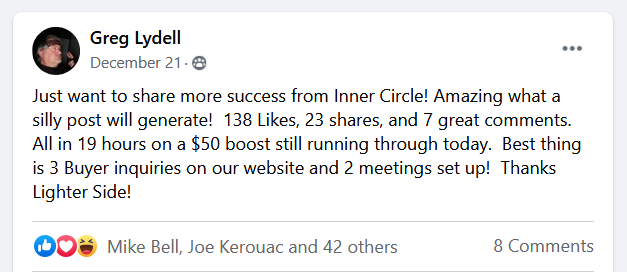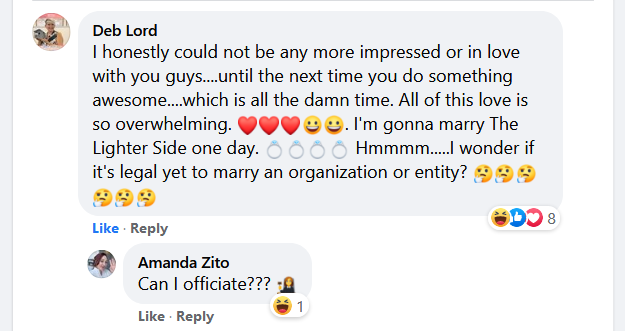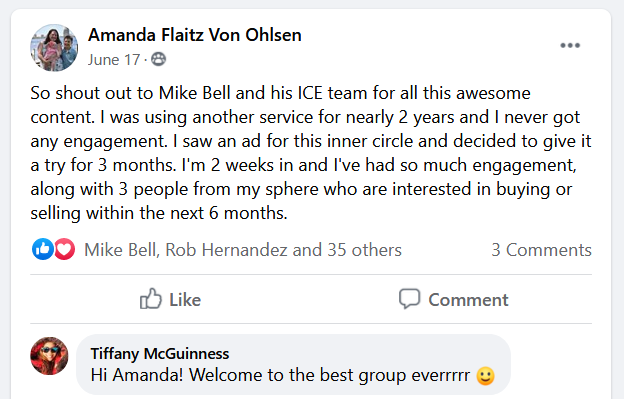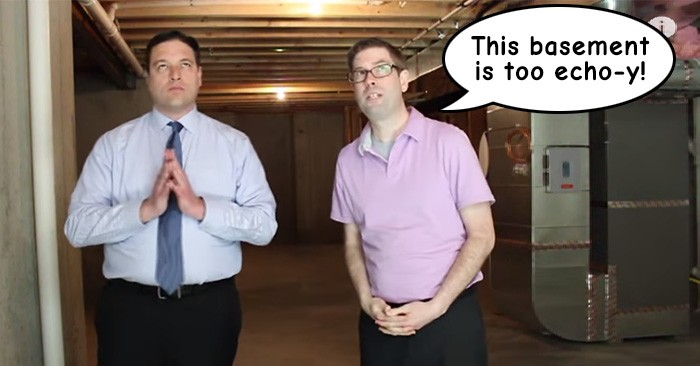
10 Essential Selling Skills Every Real Estate Agent Should Master
Real estate agents come in all shapes, sizes and personality types, and not all of them fashion themselves as true salespeople. “I’m a consultant,” they


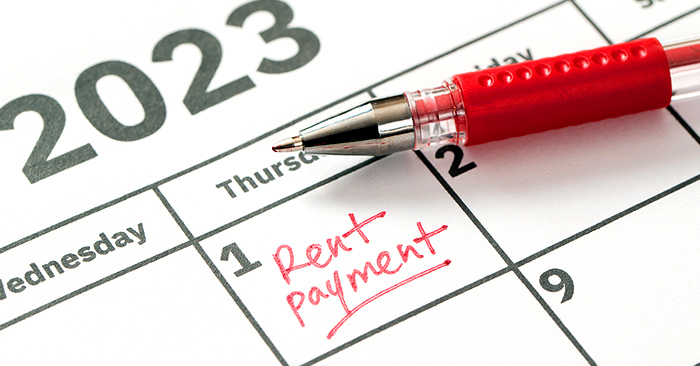
The price for most basic needs inevitably goes up over time. For instance, a loaf of bread cost a mere nickel decades ago, but now it’s usually going to cost you a few bucks, but could easily be $5 or more for some brands. That’s not even due to inflation!
On the other hand, some companies will use a sneakier approach and maintain the price of their product in the midst of inflation, but reduce how much you get for the same price. So maybe the price of your favorite loaf of bread doesn’t go up, but it’s a few slices shorter, or a box of your cereal is missing an ounce of oats.
With that in mind, if you’ve been feeling like the cost of renting a place to live has been going up, you may not even be aware of quite how much! Apparently, not only are rents rising, the amount of space renters are getting has been steadily going down over time.
According to this realtor.com article, rents may not be going up as much as they have been in the recent past in most areas — though they are 3.1% higher nationally than this time last year — they’re rising faster and higher in the most affordable markets. Metros in the Midwest and South, which are typically cheaper areas, have seen double-digit increases in the past year, due in part to people moving there because rent is more affordable in those areas.
But even if you find a place where rent hasn’t gone up that much, or has even stayed about the same price, there’s a good chance you’re still paying more for what you’re actually getting. As reported on Rent Cafe, the average size of rentals has gone down by 54-square-feet over the past ten years, and that average went down by 30-square-feet in 2022 alone. So, not only are rents going up, but the average amount of space you’re getting for the price has gone down as well.
A couple of common arguments some renters give for renting is that it’s cheaper than owning, or that they couldn’t get much house for the amount they could afford to buy. Depending upon where you live, that may very well be true. Although, in some areas, you can actually buy a place for less than it would cost to rent, so it’s definitely worth looking into in your area. But, yes, buying a home can be more costly than renting, and you might not be able to buy as big (or nice) of a house as you’d like for the money you have to spend.
The reality is, rents consistently go up over time, as do the values of homes. Yes, there may be dips in both of those occasionally during certain time periods, but overall, they’re both going to go up. So neither is likely to get any less costly the more time goes by.
Think about it, do you think your rent will be the same or higher 15 to 20 years from now? If you had to place a bet, most likely you’re banking on them going up.
Yet, if you buy a house using a fixed rate mortgage, your payment will be relatively the same 15 to 20 years from now, other than slight bumps up due to property tax increases and insurance rates. But while your payment doesn’t go up much, the value of your house (and your net worth) will likely be higher at that point.
To top it off, whatever you buy isn’t going to get any smaller, while the places you can rent may continue to get smaller while still going up in price.
In the long-term, the better bang for your buck is buying your own home. It’s at least worth looking into whether you can qualify for a mortgage, and to see what type of home you can get for the amount you’re approved to spend.
The Takeaway:
While rent prices aren’t going up as much as they have been in recent years on a national level, they’re still up about 3.1% from last year. However, they’re increasing at an even higher percentage in what used to be the most affordable areas to rent a place to live.
On top of the increase in monthly rent, rentals have gotten smaller by 84-square-feet on average over the past ten years, and 30-square-feet smaller in just the past year. So renters aren’t just paying more, they’re getting less space as well.
In the long-term, buying a home will allow you to have a relatively stable monthly payment, and the size of your home won’t decrease, as opposed to those who continue to rent having to deal with ever-increasing rents for less square footage.

(Shh, our secret)
Show your sphere your an expert. We have over 2100 articles covering every real estate topic your audience will love.
Position yourself as a real estate authority!
Real estate + topical events — the perfect match!
Become the bearer of good vibes!
Because hey, everyone loves to laugh!



Get our weekly email that makes communicating with your sphere on social actually enjoyable. Stay informed and entertained, for free.

Real estate agents come in all shapes, sizes and personality types, and not all of them fashion themselves as true salespeople. “I’m a consultant,” they
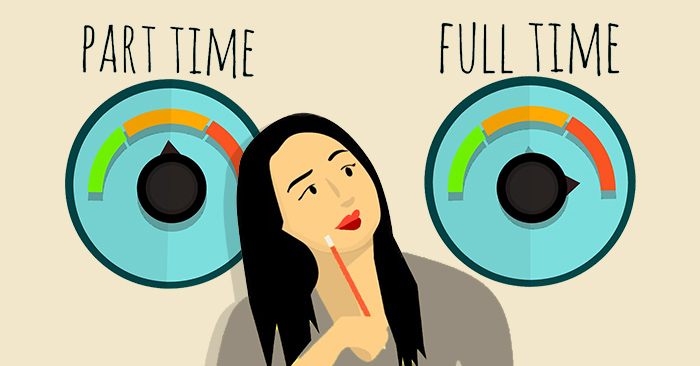
If you’ve been wondering if you can start out as a real estate agent part-time until you can get enough business to go full time,

You’ve probably been told to build an email database and send them stuff consistently, right? Some agents do. Many don’t. Have you? If you haven’t,
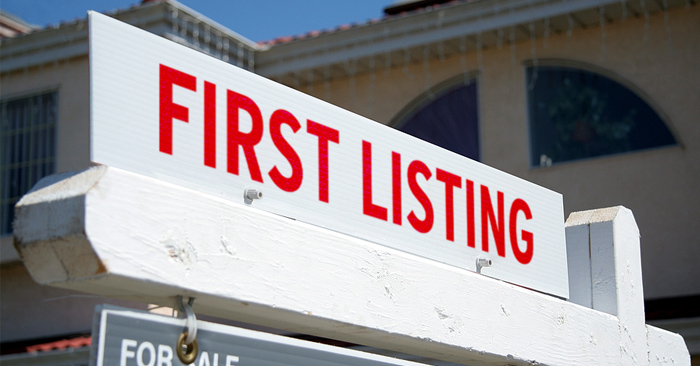
Listing your first house can take some time when you get into real estate. And we’re not talkin’ just weeks or months—it can take years!
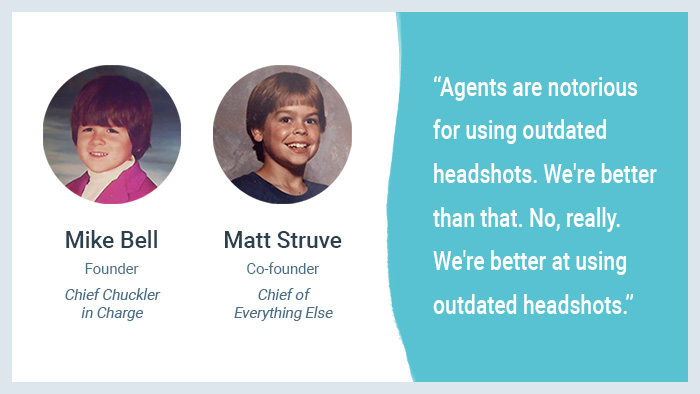
Fair Warning: This story isn’t exactly short. BUT… if you stick with me til the end, AND you’re a real estate agent, you’ll receive a
Depending on your situation, it may not take the full 30 minutes.

This reset password link has expired. Check the latest email sent to you.
